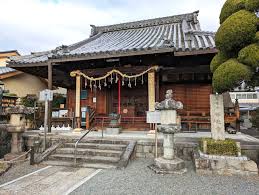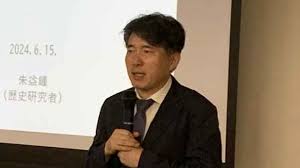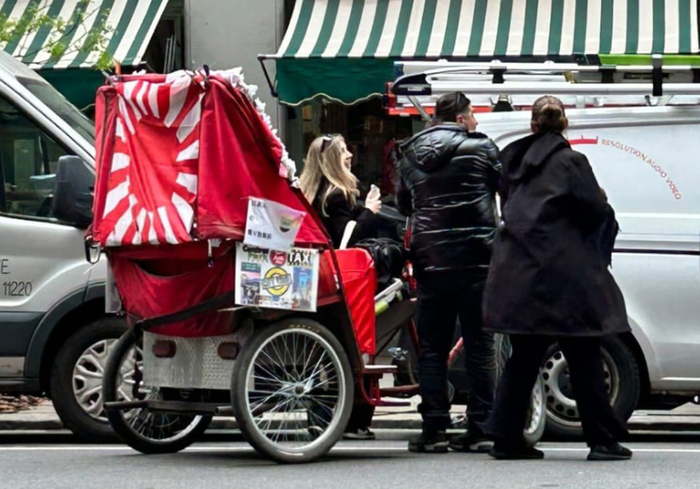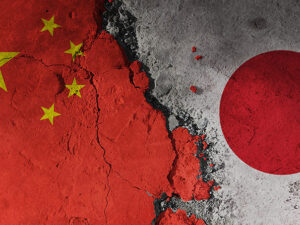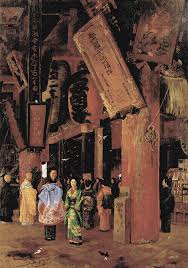
There is no business more lucrative than that of a religious corporation. A Chinese wealthy person whom we interviewed said without a trace of offence, “There is no business more delicious than a religious corporation. The Chinese are buying up shrines and temples without the Japanese knowing about it. …… The surprising reality of the situation is revealed.
Dispatched priests are enough.
I took a cab from JR Matsudo Station and arrived at the temple gate. We entered the temple grounds, which were large enough to hold two tennis courts, and walked quickly around the main hall and cemetery.
My motivation for buying a temple is that I think it is a solid business. Japan has already entered a society of multiple deaths, and the need for funerals and memorial services is increasing every year. This is evident from the various memorial service businesses that have started, such as “Obosan-business,” which arranges for priests to read sutras.
The temples I have previewed so far range in price from 10 million yen to 300 million yen. What I am targeting are temples that have cemeteries attached to them. Among them, I prefer new cemeteries that have been built less than 10 years ago. This is because graves that are more than 30 years old are not profitable because there are few new memorial services. On the other hand, newer graves have more frequent memorial services.
After purchasing a temple, Mr. Oh plans to hire a “dispatch service” to come and visit the temple as a chief priest. The priest’s salary is about 200,000 yen per month, but he receives 30,000 to 40,000 yen per memorial service. He is proud to say that if he receives 7-8 memorial services a month, he can easily make ends meet.
The proceeds from the offerings are tax-exempt, and if you do other business, you get a tax break as well,” he said. Furthermore, there are no taxes when the properties are sold. It’s a solid business, no matter how you look at it.
Besides, we believe that we can also develop a business targeting Chinese inbound travelers. Among young Chinese people, “temple stays,” in which people stay overnight at temples in the Japanese countryside, is now the latest fad. If we can convert a temple full of emotion into a private accommodation, I think we will be inundated with applicants.
Chinese who want to become Japanese
He also expressed his ambition to eventually become an intermediary in the business of buying and selling religious corporations to the Chinese market.
It is a common belief among the Chinese that it is easier for a representative of a religious corporation to apply for naturalization than for a regular commercial corporation. A surprisingly large number of Chinese people want to live permanently in Japan. There are a wide variety of reasons, such as fear of confiscation of property, fragile medical conditions, and lack of freedom of speech, but one of the most frequently heard reasons is, ‘I don’t want my children to receive an education in China. The number of wealthy people who are concerned about the thorough patriotic education under the Xi Jinping administration and want to raise their children in Japan, where they can learn freely, is rapidly increasing.
For the sake of their children, they will pay no attention to money. I feel there is great potential in the religious corporation brokerage business for wealthy Chinese.
Wang, who completed his inspection in about 15 minutes, liked the temple and is currently negotiating with the owner about the amount of money he is willing to pay.
The Agency for Cultural Affairs is sounding the alarm about the rapidly increasing number of sales and purchases of religious corporations for purposes other than religious activities as “evasion of the law,” but there are no specific penalties for such sales and purchases. If this situation continues, it is likely that there will be frequent cases of family temples being turned into Chinese temples without the owner’s knowledge.
Weekly Gendai
